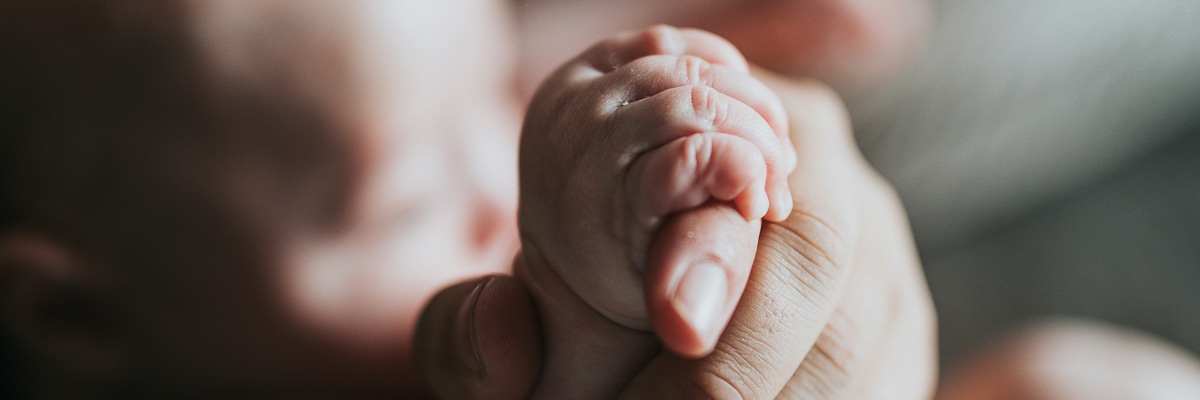
Christmas Eve
Author Cole Arthur Riley reflects on how the incarnation of Jesus in Mary invites us to radically embrace our own embodiment:
I have often wondered if Mary, even with full knowledge and proclamation of the glory of her womb, felt shame for it. As her body changed and belly grew, did she question if it was worthy to hold the divine?… Or did she see her flesh for what it was—holy? Weak, powerful, human, and holy.
For me, the story of God becoming body is only matched by God’s submission to the body of a woman. That the creator of the cosmos would choose to rely on an embodied creation. To be grown, fed, delivered—God put faith in a body. In Mary’s muscles and hormones, bowels and breasts. And when Christ’s body is broken and blood shed, we should hold in mystery that first a woman’s body was broken, her blood shed, in order to deliver the hope of the world into the world.
We are remarkably material beings. When we speak of bearing the image of God, I believe no small part of that is a physical bearing. You may have heard it said, “You don’t have a soul. You are a soul. You have a body.” I’m not sure exactly where this notion came from, but the sentiment survives. Many of us, in pursuit of the spiritual, become woefully neglectful of the physical. We concern ourselves with a doctrine of salvation that is oriented around one underlying hope: heaven. And our concepts of heaven are often disembodied—a spiritual goal to transcend the material world eternally….
Our tales of Christian escapism lead us to the place where the physical is damned and the immaterial is gloried. Where the only holy things are invisible. How could you expect me to believe this when I’ve met a God who drank from the breast of his creation? [1]
Riley offers this Advent prayer, reminding us to honor experiences of our own helplessness:
God of the womb,
It is not lost on us that you submitted to the body of a woman, trusting in it to protect and grow you. As we remember the nine months you dwelt in the womb, the body of God being nurtured and carried, remind us that our own bodies are worthy of such care and tenderness. May this be a season of sacred pause, as we allow time to be near to our own bodies, to protect and strengthen them. In a world that demands so much of us, remind us that Christ did not come to us in physical independence, allowing the world to take and use him without limitation. Show us the face of the Christ who was gravely dependent, who needed to be held, fed, washed. Who needed to be soothed and rocked to sleep. If we are to honor the divine in us, may it be this divinity—fully embodied, fully dignified in the body. Amen. [2]
References:
[1] Cole Arthur Riley, This Here Flesh: Spirituality, Liberation, and the Stories That Make Us (New York: Convergent, 2022), 57, 58.
[2] Cole Arthur Riley, Black Liturgies: Prayers, Poems, and Meditations for Staying Human (New York: Convergent, 2024), 231.
Image credit and inspiration: Nathan Dumlao, Untitled (detail), 2020, photo, Unsplash. Click here to enlarge image. We are born into this world a holy incarnation.
Story from Our Community:
Reading Kat Armas’ reflection on Mary in A Human and Holy Birth reminded me of a difficulty I’ve had with many teachings about Mary, particularly the use of the word “immaculate.” Setting up Mary as perfect from the beginning teaches us that we are not worthy, while also giving us an impossible example to follow. Women are part of the beauty of creation—we are not defiled or defiling by our very existence. We are part and parcel of the messy, beautiful, painful world—a gift of the ever-outflowing love of God.
—Barb C.




